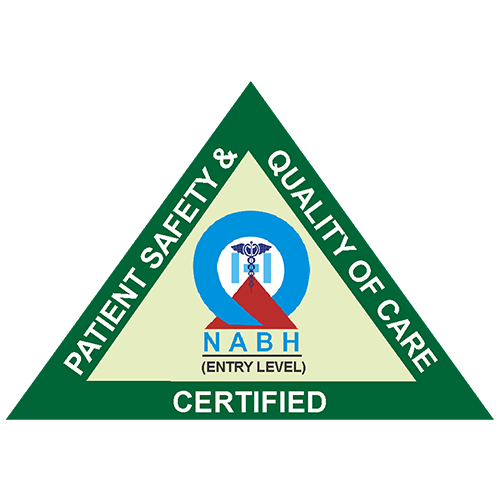Introduction:
Bladder infections, also known as urinary tract infections (UTIs), can cause discomfort and disrupt daily life. Understanding the warning signs of a bladder infection is crucial for timely diagnosis and treatment. In this blog, we will discuss the five common warning signs of bladder infection to help you recognize and address the symptoms promptly.
- Frequent and Urgent Urination:
One of the primary signs of a bladder infection is the frequent urge to urinate, even when the bladder is not full. Patients may experience a persistent need to visit the bathroom, and this urge may occur more frequently than usual. The constant need to urinate can interfere with daily activities, disrupt sleep, and cause discomfort.
- Pain or Burning Sensation During Urination:
Another telltale sign of a bladder infection is experiencing pain or a burning sensation during urination. This discomfort is caused by inflammation in the urinary tract, which can irritate the lining of the bladder. The inflammation occurs due to the presence of harmful bacteria that enter the urinary tract and cause infection. The pain or burning sensation can range from mild to severe and can be distressing for the individual. It is essential to seek medical attention promptly if you experience such symptoms while passing urine.
- Cloudy or Bloody Urine:
Infections in the bladder can result in changes in urine color and appearance. Cloudy or turbid urine may indicate the presence of bacteria, white blood cells, or pus in the urinary tract. This cloudiness is a result of the body’s immune response to the infection. In some cases, the urine may also appear pink or reddish due to the presence of blood. Bloody urine, also known as hematuria, can be a concerning sign and should not be ignored. If you notice any unusual changes in your urine’s color or consistency, it is essential to consult a healthcare professional for further evaluation and diagnosis.
- Lower Abdominal or Pelvic Pain:
Bladder infections can cause discomfort and pain in the lower abdomen or pelvic region. The pain may vary from a dull ache to a sharp and intense sensation. It may persist even after urination and can be accompanied by a feeling of pressure or fullness in the bladder. The pain occurs due to inflammation and irritation of the bladder wall as a result of the infection. If you experience ongoing abdominal or pelvic pain, it is vital to get evaluated by a medical professional to rule out a bladder infection or other potential underlying conditions.
- Fatigue and General Malaise:
In some cases, bladder infections can lead to fatigue and a general feeling of unwellness. The infection puts stress on the body’s immune system as it tries to fight off the invading bacteria. This immune response can lead to a lack of energy and overall weakness, leaving the individual feeling tired and unwell. Fatigue may accompany other symptoms of a bladder infection and can impact daily activities and overall well-being. If you notice fatigue along with other symptoms mentioned above, it may be related to a bladder infection.
Prevention and Treatment:
If you experience any of the warning signs of a bladder infection, it is essential to seek medical attention promptly. A healthcare provider will conduct a urine test to diagnose the infection and prescribe appropriate antibiotics to clear the infection.
To prevent bladder infections, consider the following tips:
- Stay Hydrated: Drinking plenty of water can help flush out bacteria from the urinary tract.
- Practice Good Hygiene: Always wipe from front to back after using the restroom to prevent the spread of bacteria.
- Urinate Regularly: Do not hold in urine for extended periods, as it can increase the risk of infection.
- Wear Breathable Underwear: Choose cotton underwear to allow air circulation and reduce moisture in the genital area.
- Avoid Irritants: Limit the consumption of alcohol, caffeine, and spicy foods, as they can irritate the bladder.
Conclusion:
Recognizing the warning signs of a bladder infection is crucial for timely diagnosis and treatment. If you experience frequent and urgent urination, pain or burning during urination, cloudy or bloody urine, lower abdominal or pelvic pain, or fatigue, seek medical attention promptly. By addressing the symptoms early, you can effectively treat bladder infections and prevent complications. Remember to follow preventive measures to reduce the risk of future infections and maintain bladder health.




